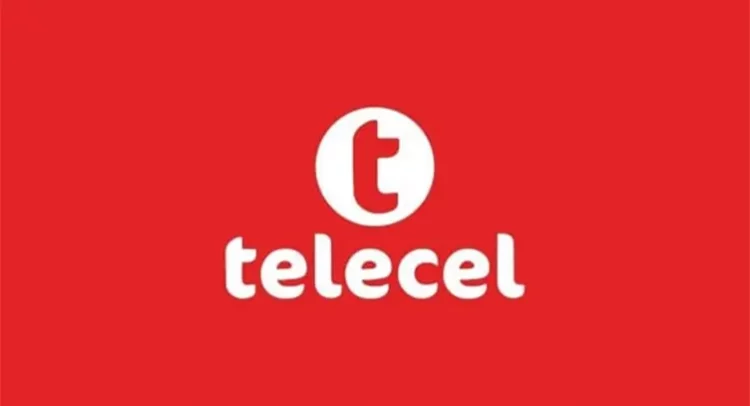
The ongoing uncertainty surrounding AT (formerly AirtelTigo) has become one of Ghana’s most perplexing corporate sagas. What began as a hopeful restructuring has devolved into a tangle of contradictions, shifting government positions, and public skepticism over a proposed merger with Telecel Ghana.
A Promising Beginning
On May 2, 2025, the Minister for Communications and Digitalisation paid a working visit to AT, commending management and staff for their resilience in keeping operations running despite limited investment. He assured them that the era of “surviving against the odds” was over, promising major capital injection to revive the company. The visit raised hopes that AT was finally on the path to renewal.
May 31, 2025: A Strategic Partner Announced
At a stakeholder meeting later that month, the Minister revealed that the government was negotiating with a strategic partner to revamp AT — a statement that rekindled optimism across the telecom sector.
June 3, 2025: Rektron Steps In
Days later, Rektron publicly confirmed signing a Memorandum of Understanding (MoU) with the government to acquire 60% of AT, leaving the state with 40%. The MoU, dated May 21, 2025, was reported on the Canadian and Frankfurt Stock Exchanges, giving the deal international legitimacy and raising hopes for AT’s revival.
July 3, 2025: Uncertainty Emerges
Optimism soon faded. At a July 3 press conference, the Minister made unclear and at times contradictory remarks about AT’s future, claiming that KPMG had been appointed as a transactional advisor and that the Ministry was ‘not directly involved’ — a sharp contrast to his earlier enthusiasm for the deal.
August 1, 2025: A Sudden Shift
At a government ‘Accountability Series’ event, the Minister announced that AT’s future now depended on advice from the Attorney-General, contradicting earlier claims that a partner and advisor were already secured. The abrupt change left many questioning the government’s consistency.
September 2025: The Telecel Twist
In late August, after the Minister failed to meet a financial commitment to American Towers Company (ATC) regarding AT’s debt, AT faced a shutdown threat. The Minister responded by directing AT subscribers to roam on Telecel’s network starting September 1, 2025— a move that appeared to prelude a merger.
On September 3, he told AT staff that AT would soon merge with Telecel, assuring job security for 300 permanent employees but offering none to over 200 contract staff and the 10,000 indirect workers reliant on the company. That night, the Ministry announced the merger on its social media platforms — only to delete the posts the next day.
On September 5, amid public backlash, the Minister denied any merger plans, describing the events as a “force majeure.” The sudden reversal deepened suspicions about the deal’s transparency.
Corporate Curiosity and Conflicts of Interest
Public unease grew after Telecel sponsored the Homowo Festival in Prampram — the Minister’s own constituency — just three days after the merger controversy. The timing sparked speculation about conflicts of interest, especially since other telecom firms had also sponsored events linked to the Minister earlier in the year.
Such coincidences fueled concerns about the impartiality of the Ministry in regulating the telecom sector.
More Contradictions: The Telecel CEO’s Comments
The confusion deepened when Telecel Group CEO Moh Damush told Bloomberg on October 3, 2025 that the merger would include a USD 50 million network upgrade. Telecel’s official LinkedIn account shared the interview but deleted it hours later — echoing the Ministry’s earlier actions and reinforcing suspicions of concealed details.
Strategic Public Relations Campaign
Following this, Telecel intensified public engagements seemingly aimed at earning goodwill. The company partnered with the Ministry of Health to donate cervical cancer screening equipment to Korle Bu Teaching Hospital under the Ghana Medical Trust Fund (Mahama Fund), with similar donations planned for Tamale and Sefwi Wiawso.
While these gestures appeared philanthropic, critics noted their timing — coinciding with ongoing merger controversies — as an attempt to win public and political favor.
A Question of Capacity and Credibility
Ironically, in an April 2025 interview on Citi TV’s The Point of View, the same Minister had criticized Telecel for not investing in Vodafone Ghana despite the 2018 pledge. His remarks were later supported by Sylvester Tetteh, former Vice-Chairman of Parliament’s Communications Committee, who confirmed that Telecel had not met its commitments. Mr. Tetteh questioned why a financially struggling company should now acquire AT instead of improving its own network.
Sam George had earlier raised similar concerns, arguing that Telecel’s history of unfulfilled promises disqualified it from taking over another national telecom asset. Together, these testimonies highlight the inconsistency of government policy — rejecting Rektron’s well-funded proposal in favor of a debt-laden bidder.
A National Asset at Risk
The uncertainty raises concerns about whether AT is being deliberately weakened to facilitate its absorption by private interests. The Minister had earlier told The Point of View that he would have pursued an “assimilation package” for AT employees — effectively winding down the company — a remark that now seems to be materializing.
Beyond employment, AT’s importance to Ghana’s national security and digital resilience cannot be overstated. During the March 2024 nationwide fibre-cut crisis, AT remained the only fully operational telecom operator, ensuring network stability while others faltered.
AT has also served as a training ground for many of Ghana’s top telecom professionals — including former Communications Minister Ursula Owusu-Ekuful, MTN Ghana’s legal head Nana Kofi Asare, former MTN CEO Selorm Adadevoh, MTN MoMo CEO Shaibu Haruna, BoG Fintech Director Kwame Oppong, and Ghana Chamber of Telecommunications CEO Sylvia Ankomah and Telecel Ghana’s current CEO, Patricia Obo-Nai, built her career foundation at AT.
Policy Inconsistency and Lost Opportunity
The saga exposes the perils of inconsistency and opaque policymaking. Why would the Minister dismiss a USD 1 billion investment proposal from Afritel–Rektron — including an immediate USD 150 million capital injection — and instead favor Telecel, which has yet to demonstrate financial capability or credibility?
Such a decision seems commercially illogical and potentially detrimental to national interests. It risks handing MTN near-monopoly power in Ghana’s telecom sector, limiting competition and threatening the country’s digital sovereignty.
A Cautionary Tale
The AT–Telecel controversy has become a symbol of misplaced priorities and governance lapses. Each stage — from Rektron’s sidelining to Telecel’s fluctuating announcements — reveals a disturbing pattern of half-truths, reversals, and apparent concealment.
For many observers, this is not merely a corporate issue but a test of Ghana’s institutional transparency and commitment to safeguarding national assets. AT represents more than a telecom operator; it is a strategic national resource that has anchored connectivity, employment, and innovation.
Yet today, its future hangs in limbo — threatened by political indecision, corporate opportunism, and conflicting government narratives. Unless clarity and accountability prevail, the episode risks setting a dangerous precedent in Ghana’s economic governance: where confusion replaces strategy and public interest yields to private convenience.
By Evelyn Mensah
Read Full Story

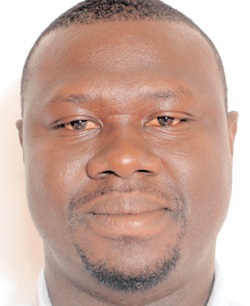

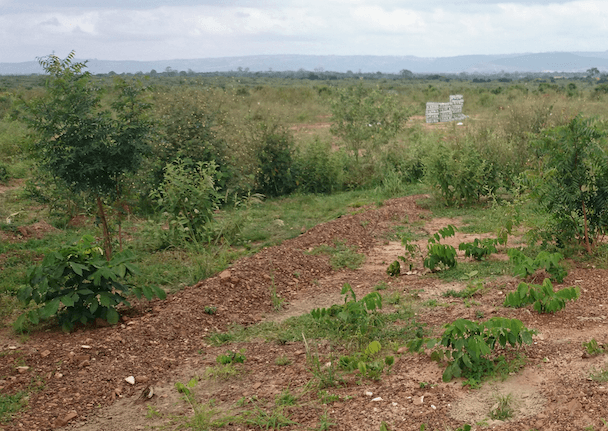

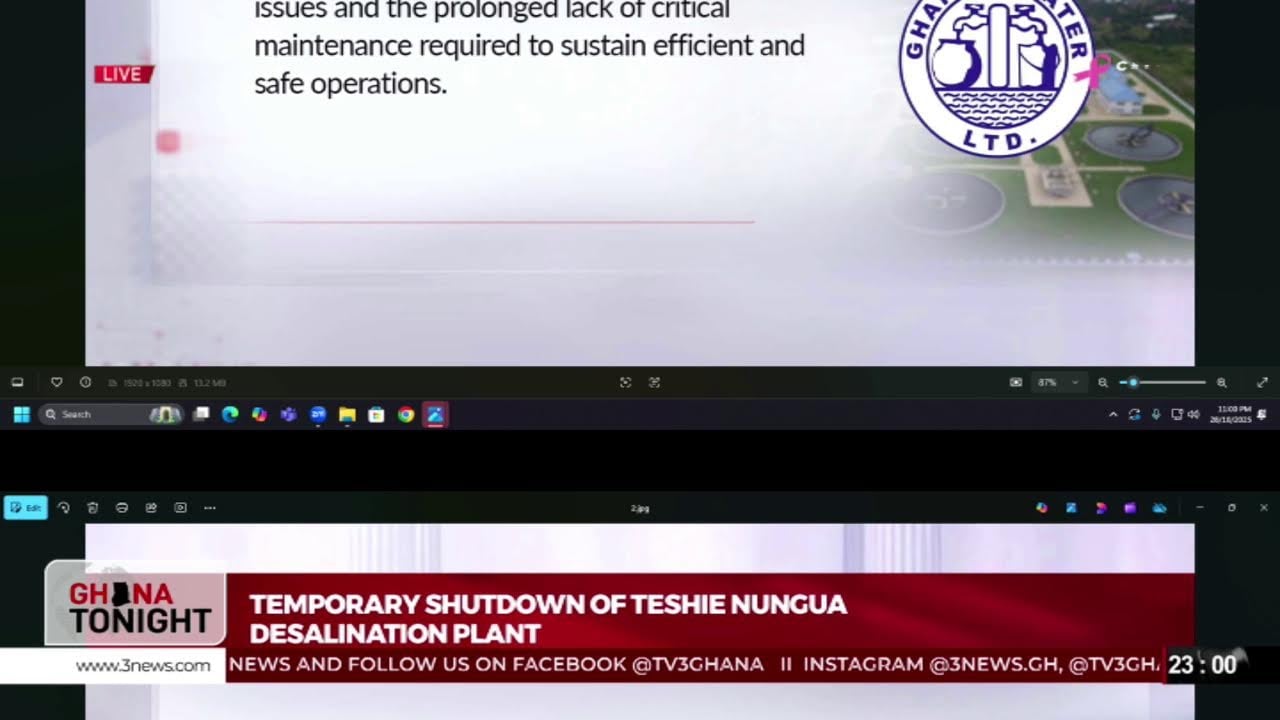
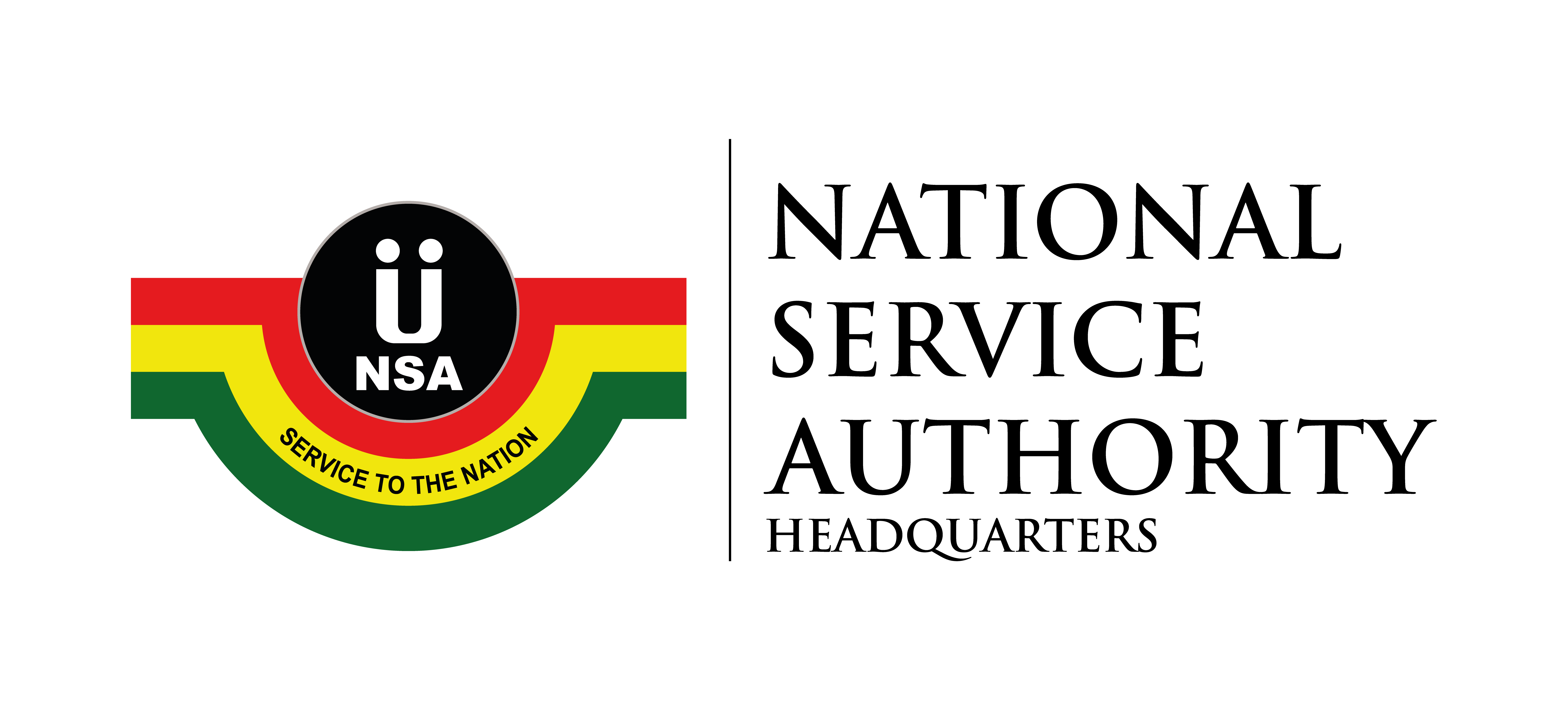
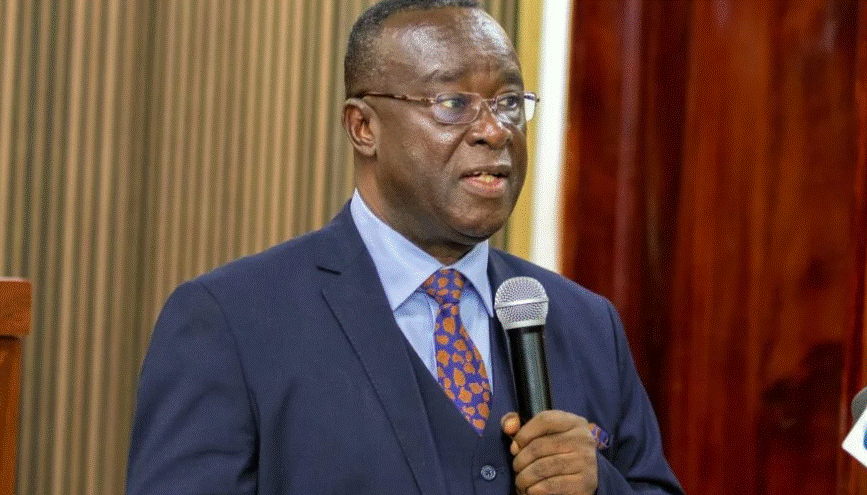

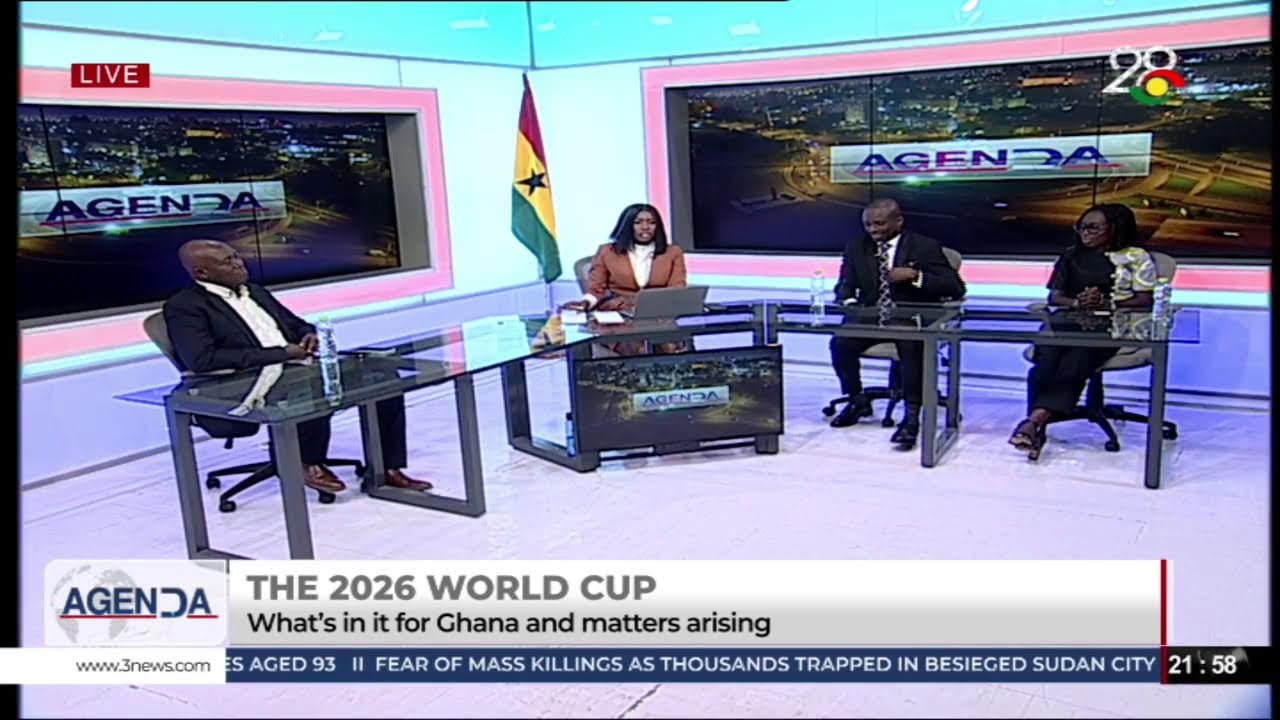

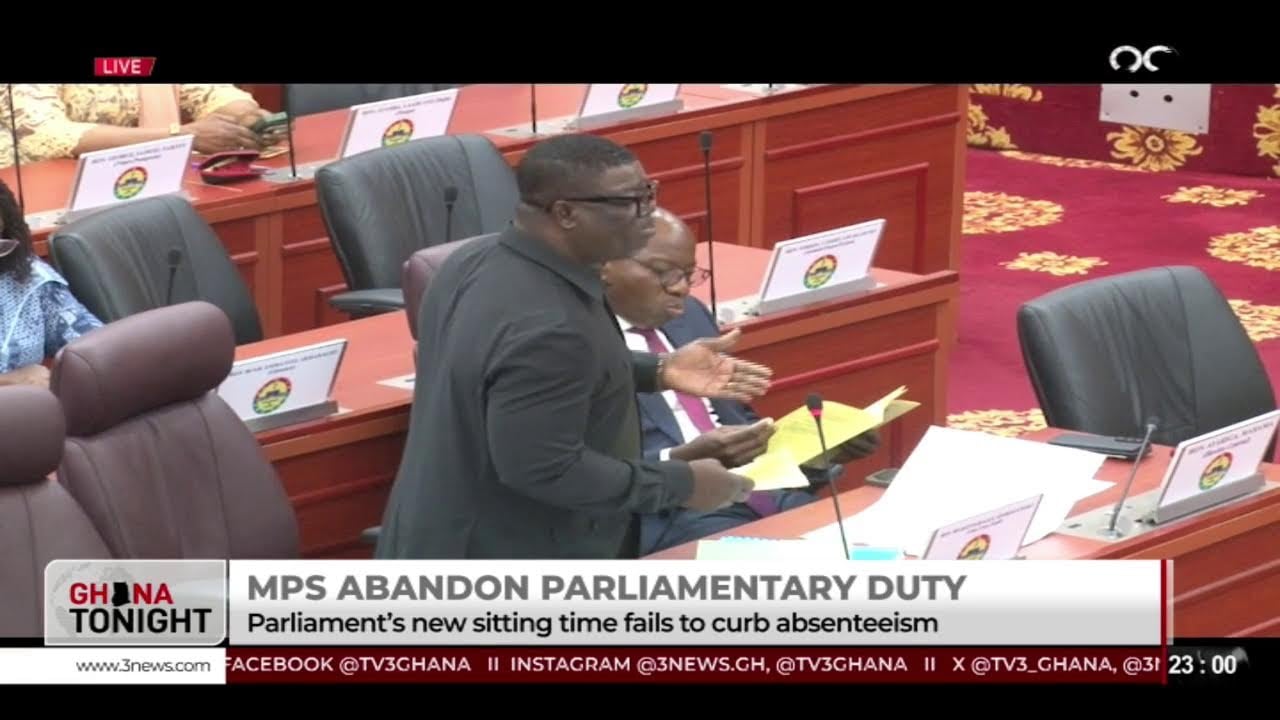
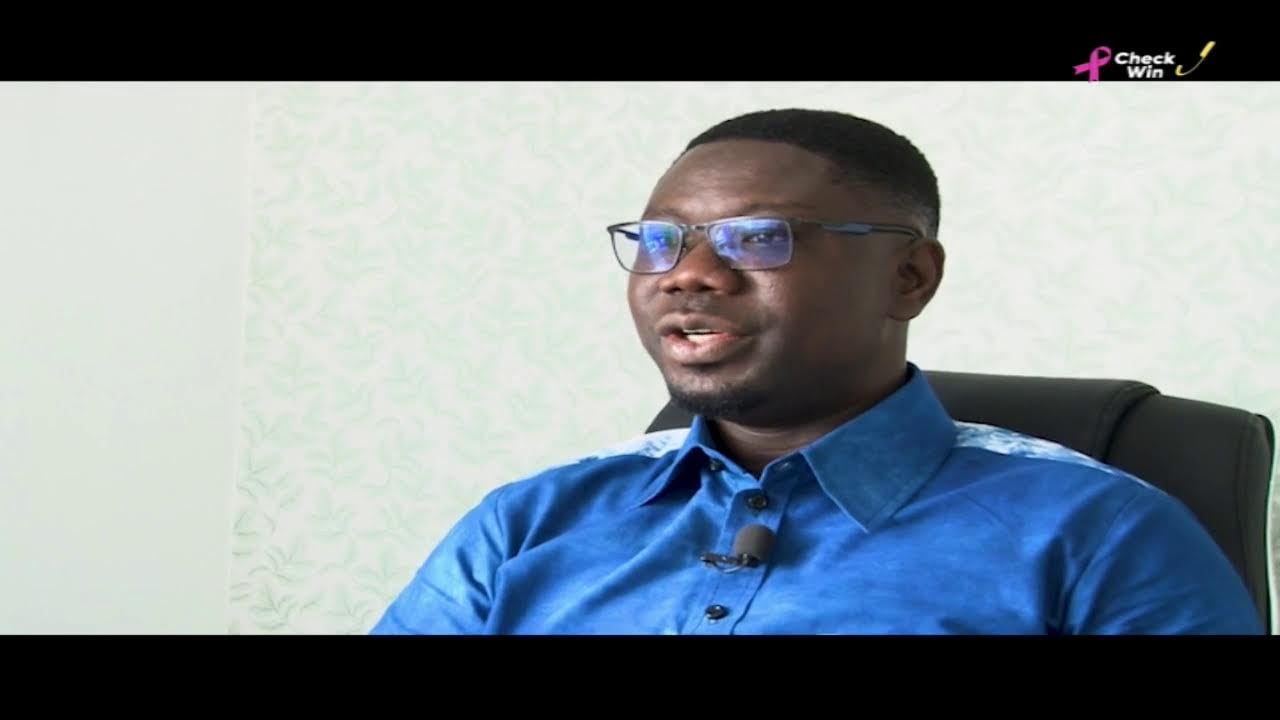







Facebook
Twitter
Pinterest
Instagram
Google+
YouTube
LinkedIn
RSS